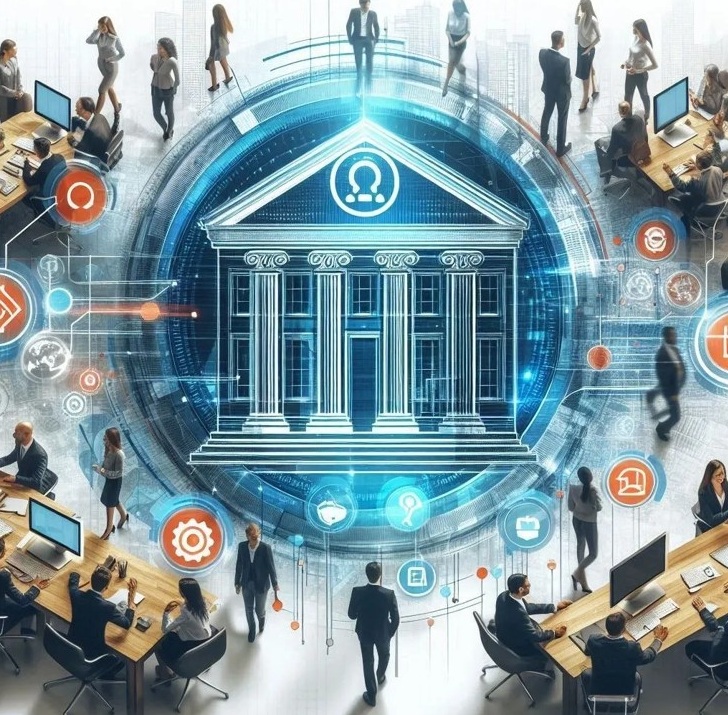The courses in this program:




As Public Sector organizations accelerate the digital transformation of their industry, they are focusing their investments in leveraging information technology to improve constituent services while lowering overall costs. In today’s highly regulated, increasingly resource-constrained, and cost-focused environment it is essential to understand how to effectively and efficiently manage an organization’s information technology (IT) resources. There are numerous strategic, tactical, and operational choices to be made about managing
Public Sector IT resources and it is essential to ensure that IT and non-IT executives across the organization work in harmony.
Experience has made it clear that Public Sector organizations need well-conceived organizational structures, skills, processes, and decision rights to ensure that IT investments are appropriately leveraged across the organization, especially when considering the impact of emerging information technologies.
This course prepares Public Sector executives by providing a comprehensive understanding of the fundamental decisions related to the management of IT resources in the Public Sector environment. The course will also provide an overview of current and future relevant Government information technologies and their potential impact on constituents, organizations and associated stakeholders.
The course is designed to be delivered live/synchronously (face-to-face or online) with a total of twenty (20) contact hours. While the schedule is flexible, it is usually delivered in approximately ten (10) 2-hour modules/lectures/sessions.
The IT-Public Sector topics include:

Global Institute for IT Management © 2025